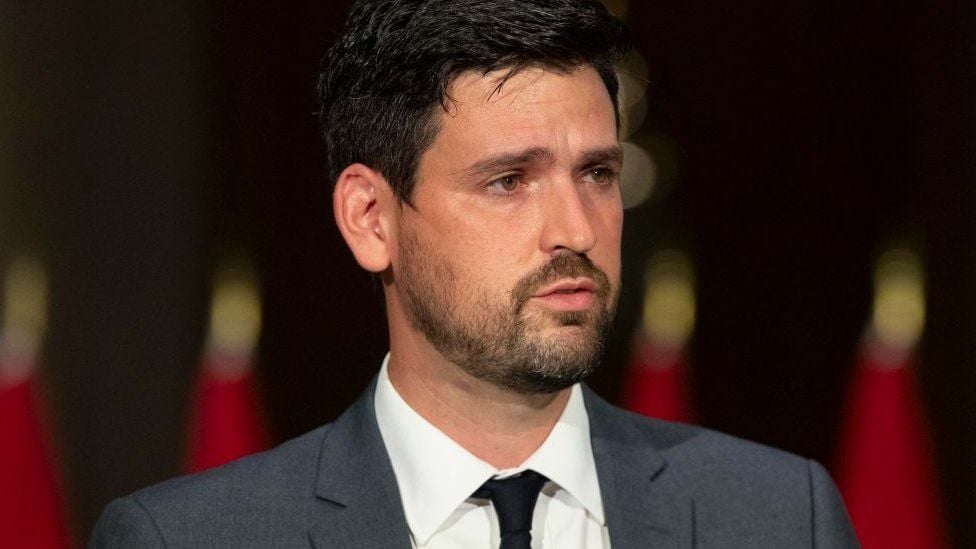Indian students facing removal in Canada granted temporary respite

A group of Indian students in Canada facing removal due to allegedly fraudulent college admission letters have been granted temporary respite. Immigration Minister Sean Fraser announced that “genuine students who are the victims of fraud” will be permitted to stay in the country pending further investigations. The students claim to have been deceived by an immigration agency in India and have staged protests to draw attention to their plight.
In recent months, several international students in Canada have reported receiving removal orders after their college admission letters were deemed to be fake. The federal government will now halt any pending removals while a task force is established to examine each case individually, Fraser said at a news conference in Ottawa on Wednesday.
“Our goal here is to offer a fast, fair and final resolution for people who have been impacted,” he said. “We understand the toll that this process has taken on your mental health and the challenges that you’re dealing with and we want to provide a solution.” Fraser anticipates that the process will take a few months.
Chamandeep Singh, a student who arrived in Canada in 2019, responded to the news, stating: “It’s good news for us but until we get everything on the paper we are still going to wait for that moment.”
Fraser confirmed that some students have already been removed from the country and added that “they will have access to the same remedies as those who are here”. While the exact number of affected students remains uncertain, the immigration minister said that “a few dozen people” have received removal orders, though that number could potentially rise to “a few hundred” as more cases come to light.
Several students told the BBC that their files were flagged by immigration officials while applying for permanent residency in Canada, which would enable them to live and work there after completing their studies. They alleged being defrauded by an immigration consultation agency based in Jalandhar, a city in the Punjab region of India. The man behind the agency was reportedly arrested by Indian authorities in March, according to Canadian broadcaster CBC.
The affected students, who were studying in various parts of Canada, including British Columbia, Ontario, Manitoba and Alberta, found each other on social media and organised protests in the Toronto area. The Canada Border Services Agency (CBSA) has previously acknowledged “a number of cases of misrepresentation, including those related to study permits,” but declined to provide further comment due to ongoing investigations.
In an effort to prevent future fraud, Fraser stated that the federal government plans to implement a more robust detection system for cases similar to these. India provides the largest number of applicants for the foreign student visa programme in Canada, and these students pay four to five times more in fees compared to Canadians.
Latest Thailand News
Follow The Thaiger on Google News:


























